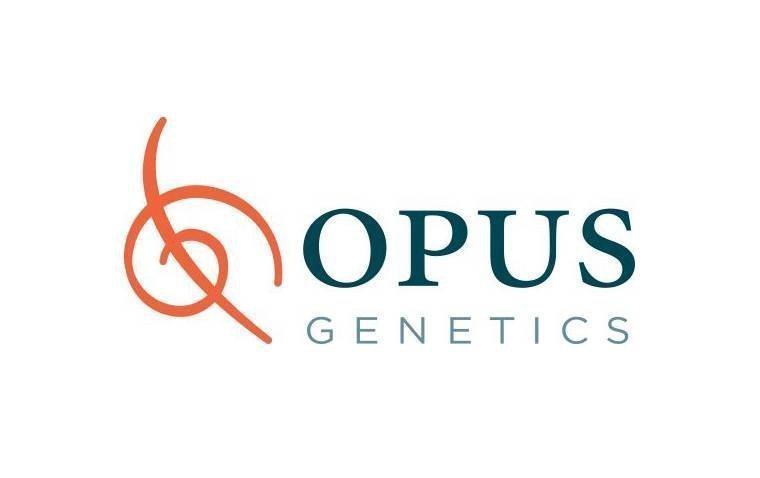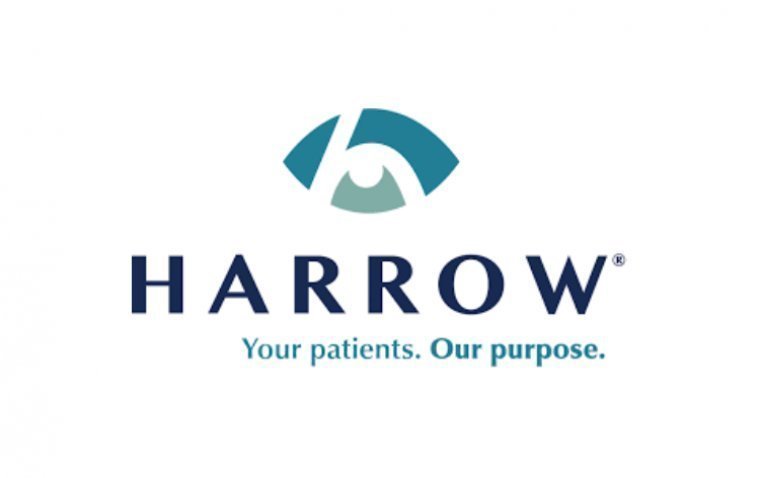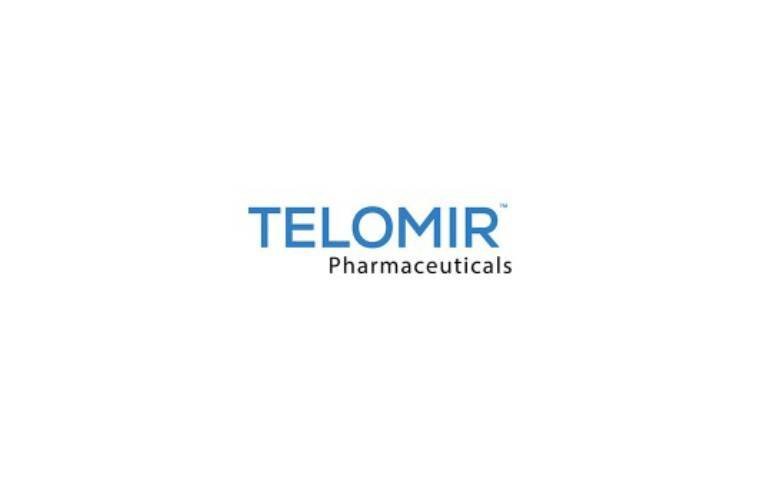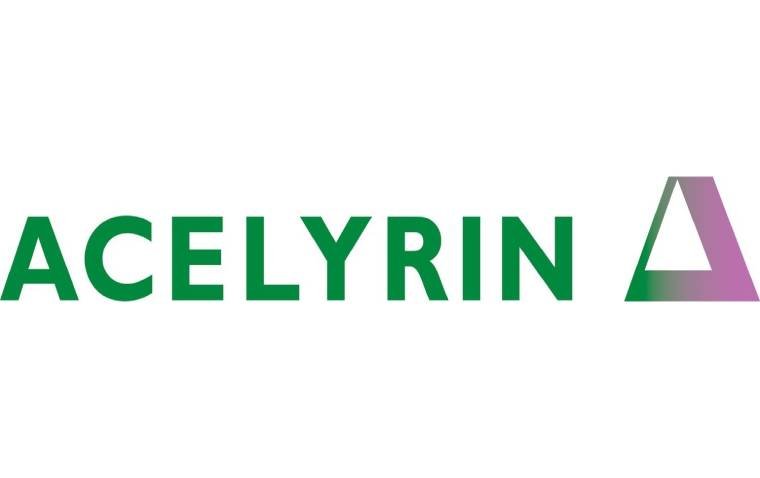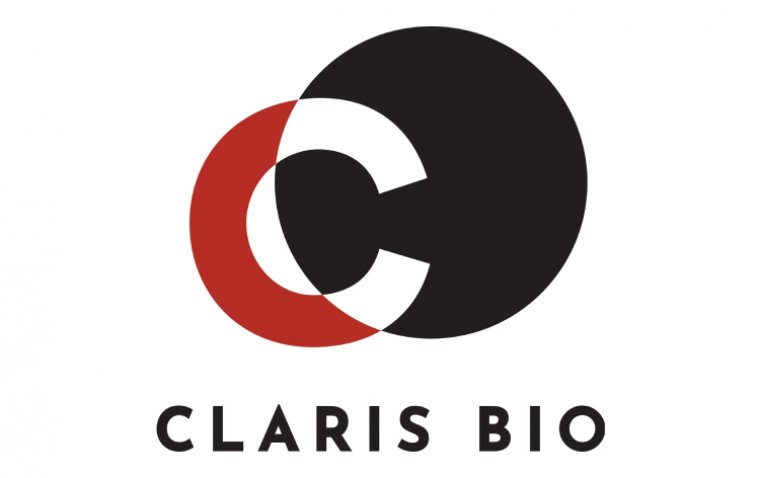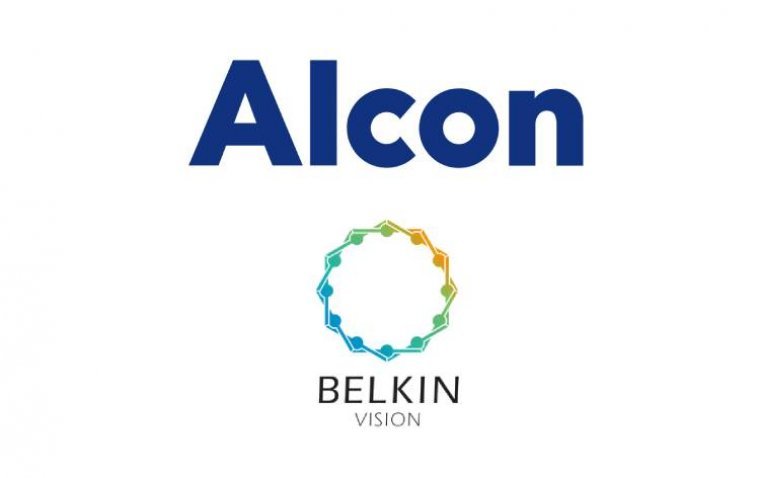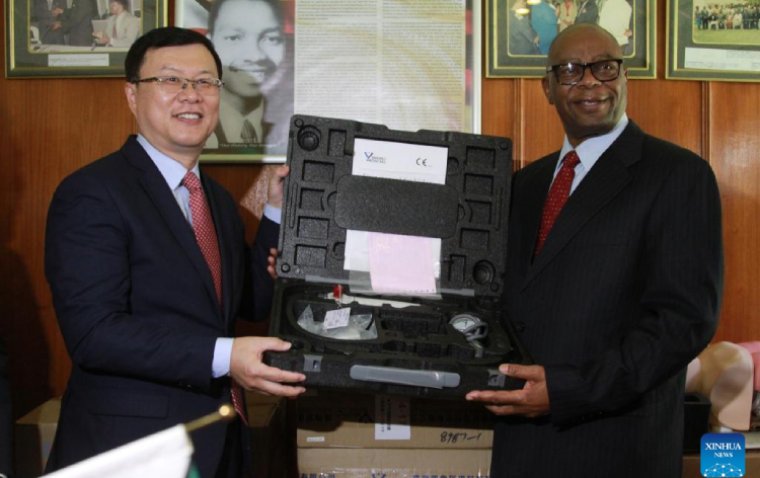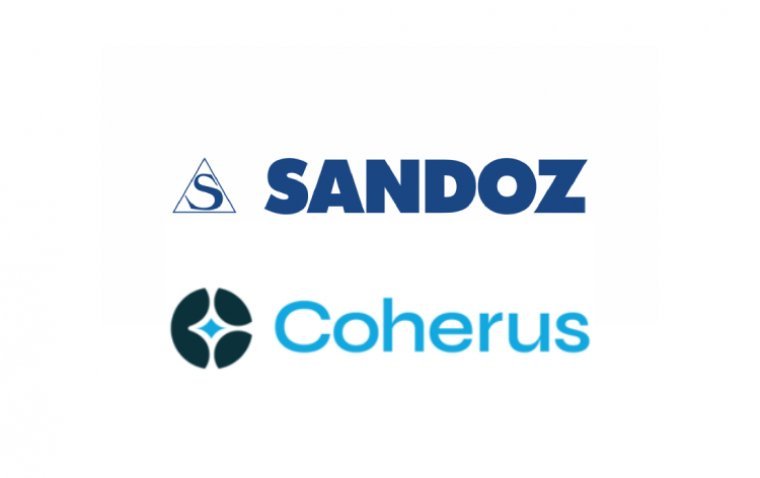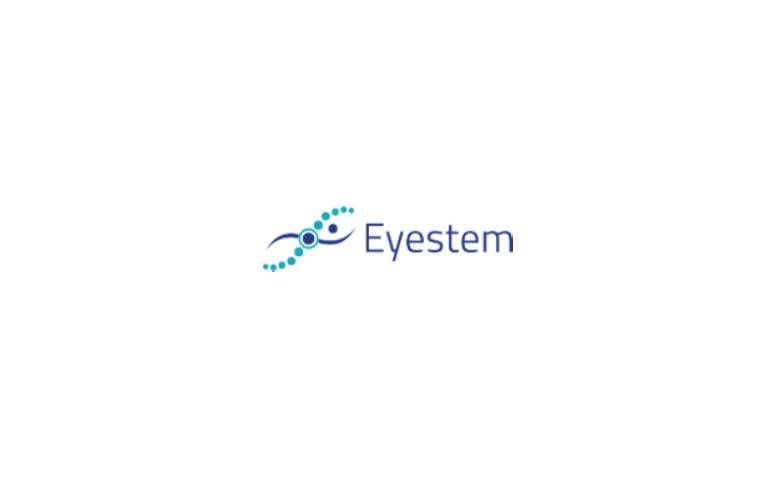
Eyestem Reports Positive Phase 1 Results for Eyecyte-RPE in Geographic Atrophy Patients
Eyestem Research has announced encouraging results from its Phase 1 clinical trial (NCT06394232) evaluating Eyecyte-RPE, an investigational stem cell-based therapy, in patients with geographic atrophy (GA) secondary to dry age-related macular degeneration (AMD).
Trial Overview and Dosing Structure
The study, initiated in 2024, treated nine patients across three sequential ascending dose-level (DL) cohorts. Each cohort received Eyecyte-RPE at one of the following doses:
• 100,000 cells
• 200,000 cells
• 300,000 cells
Eyecyte-RPE is a suspension of retinal pigment epithelial (RPE) cells derived from human induced pluripotent stem cells (hiPSCs), developed to address the progressive degeneration seen in GA.
The first round of dosing was completed in August 2024, marking a key milestone for the company’s clinical development program.
Safety and Efficacy Outcomes
Eyestem reported that no serious adverse events occurred in any of the three dosing cohorts, supporting the safety profile of Eyecyte-RPE.
Among the first six patients, results showed an average improvement of 14.9 letters on the Early Treatment Diabetic Retinopathy Study (ETDRS) vision test, measured within 4 to 6 months post-transplantation.
Additionally, retinal imaging scans revealed early signs of disease reversal in select patients, suggesting a potential therapeutic effect beyond visual acuity gains.
CEO Statement: A Potential Shift in GA Treatment
Jogin Desai, Founder and CEO of Eyestem, commented on the trial results in a press release:
“The substantial vision improvement, sustained over a 4-6-month period in all 6 patients, combined with an excellent safety profile, has been very encouraging and has the potential to reshape the landscape of GA treatment globally. It is especially rewarding to see the improvement in the quality of life in these patients. We look forward to exploring these early results further in our Phase 2 study in India and the US.”
Upcoming Presentation at ARVO 2025
Eyestem has confirmed plans to present data from this Phase 1 trial at the ARVO 2025 Annual Meeting, where the findings will be shared with the broader ophthalmic research community.
(1).jpg)
